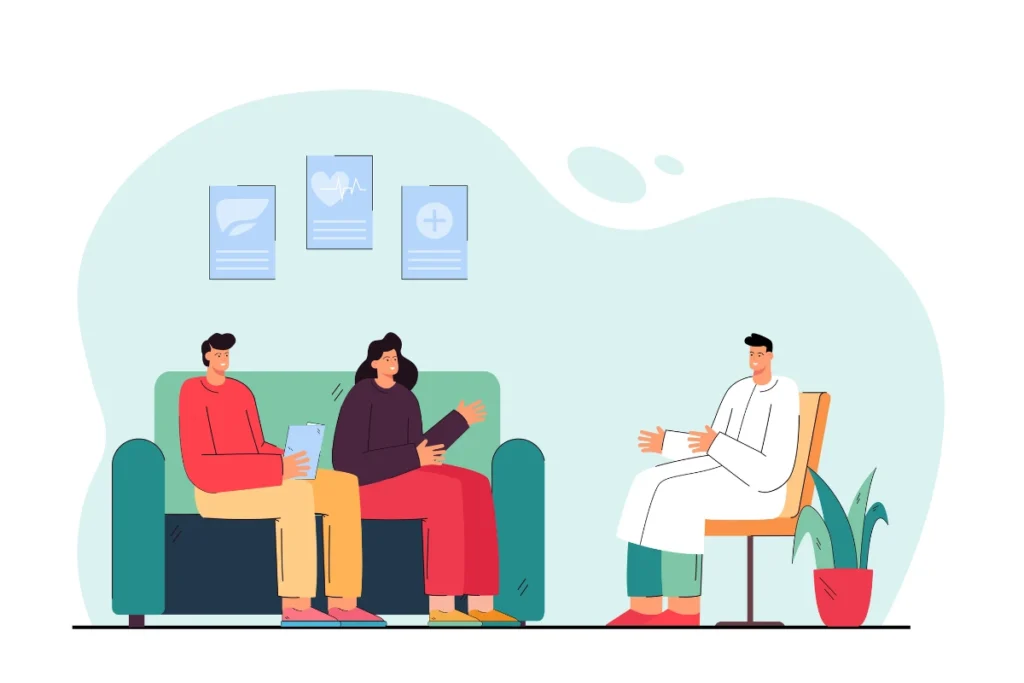Join Our Psychology, Counselling Courses. Starting at just Rs 199/month!


Clinical Psychology
Definition: Clinical psychology focuses on diagnosing and treating mental, emotional, and behavioral disorders.
Therapies: It involves various therapeutic techniques, including cognitive-behavioral therapy (CBT), psychodynamic therapy, and humanistic approaches.
Assessment: Clinical psychologists conduct assessments using psychological tests, interviews, and behavioral observations.
Research: It integrates scientific research to enhance understanding of mental health issues and develop new treatments.
Diverse Settings: Clinical psychologists work in hospitals, private practice, academic settings, and community centers.
How Does Clinical Psychology Help People?
Mental Health Diagnosis: Clinical psychology helps identify mental health disorders like anxiety, depression, and PTSD through professional assessments.
Personalized Therapy: It provides tailored treatment plans based on individual needs, using techniques like cognitive-behavioral therapy (CBT) and psychodynamic therapy.
Emotional Support: Clinical psychologists offer emotional support and coping strategies during difficult life events.
Behavioral Change: Therapy encourages positive behavioral changes, improving personal and social functioning.
Stress Management: Techniques are taught to manage stress and anxiety effectively.

What Does Clinical Psychology Do?
Mental Health Evaluation: Clinical psychologists assess psychological issues using interviews, observations, and standardized tests.
Disorder Diagnosis: They identify and diagnose mental health conditions, such as anxiety, depression, and trauma-related disorders.
Individualized Treatment: Develop personalized therapy plans using approaches like cognitive-behavioral therapy (CBT), talk therapy, and mindfulness techniques.
Crisis Support: Offer support during acute mental health crises, guiding individuals through challenging situations.
Research & Development: Engage in research to enhance understanding of mental disorders and improve treatment methods.
Interdisciplinary Collaboration: Collaborate with medical professionals for comprehensive care.
Patient Education: Teach coping mechanisms, stress management, and emotional regulation techniques to improve well-being.
How does ICS present the Clinical Psychology?
Holistic Approach: ICS emphasizes a comprehensive view of mental health, integrating emotional, cognitive, and social factors in clinical psychology.
Research-Based Practices: The program prioritizes evidence-based methodologies, ensuring that therapeutic techniques are grounded in current scientific research.
Cultural Sensitivity: ICS promotes culturally informed practices, acknowledging the diverse backgrounds and experiences of clients.
Interdisciplinary Training: Clinical psychology training at ICS encourages collaboration across various disciplines, enriching the learning experience and fostering comprehensive care.
Focus on Ethical Standards: Emphasis is placed on ethical considerations, teaching practitioners the importance of confidentiality and professional integrity.
Skill Development: ICS provides training in a range of therapeutic techniques, preparing students to adapt their approach to meet individual client needs.
Community Engagement: The program encourages involvement in community mental health initiatives, helping students understand real-world applications of clinical psychology.
Benefits of the Diploma in Clinical Psychology
- Study Materials
- E-Certificate/Hard Copy
- Letter of Recommendation
- Job Opportunities
- Online Resources
- Get Identity Card
- Startup Support
Program Overview
- Includes Case Studies
- Practical Experiences/Workshop
- Research Work
- Group Discussions
- Monthly Training Sessions
- Quizzes to Follow your Progress
This Course is Suitable for
- Aspiring therapists
- Managers
- Healthcare professionals
- Educators
- Social Workers
- Life coaches
- Anyone keen on personal growth
- Parents
Course Duration
- Instructor : Arpita Roy
- Duration: 1 year
- English / Hindi
- Learn under RCI Certified trainer
